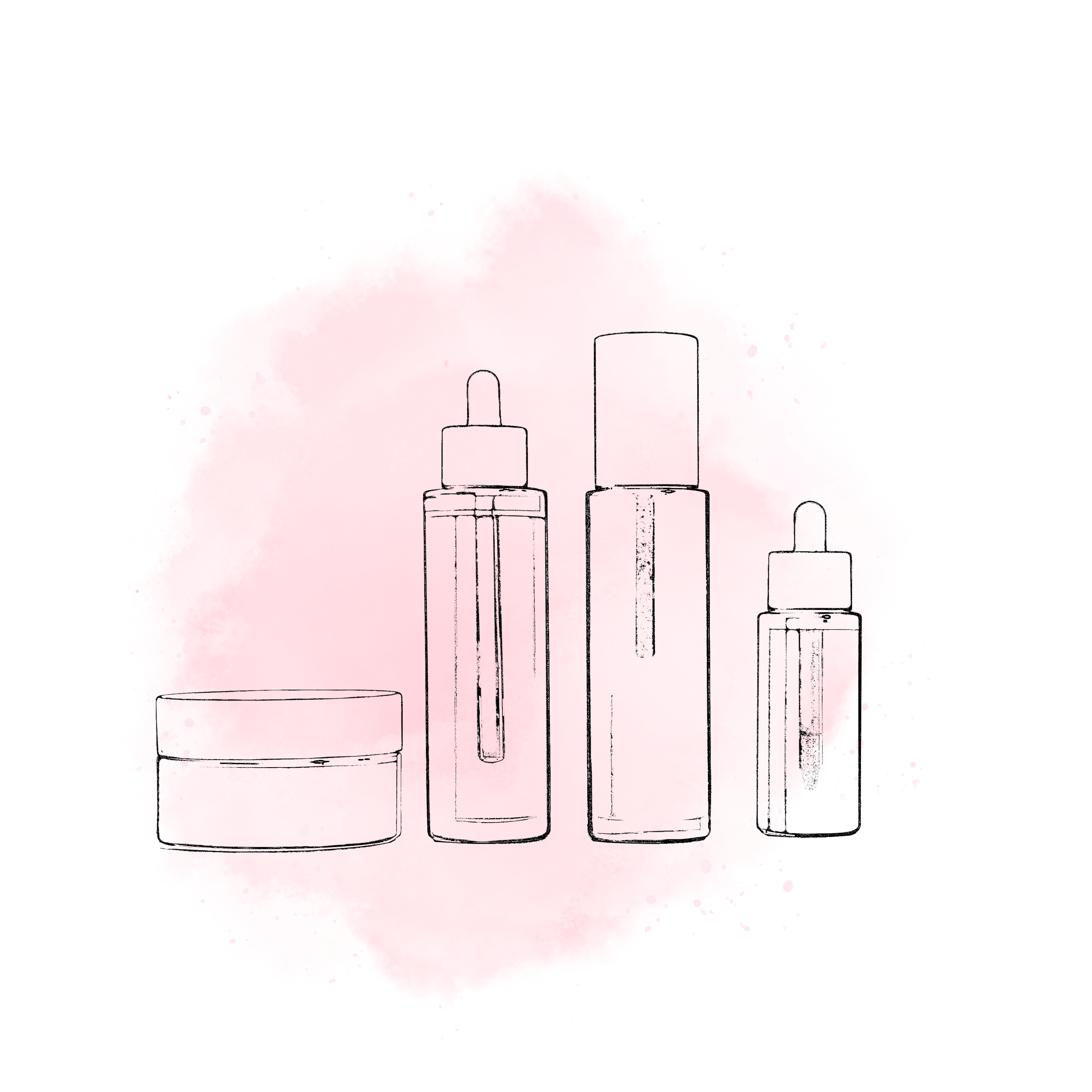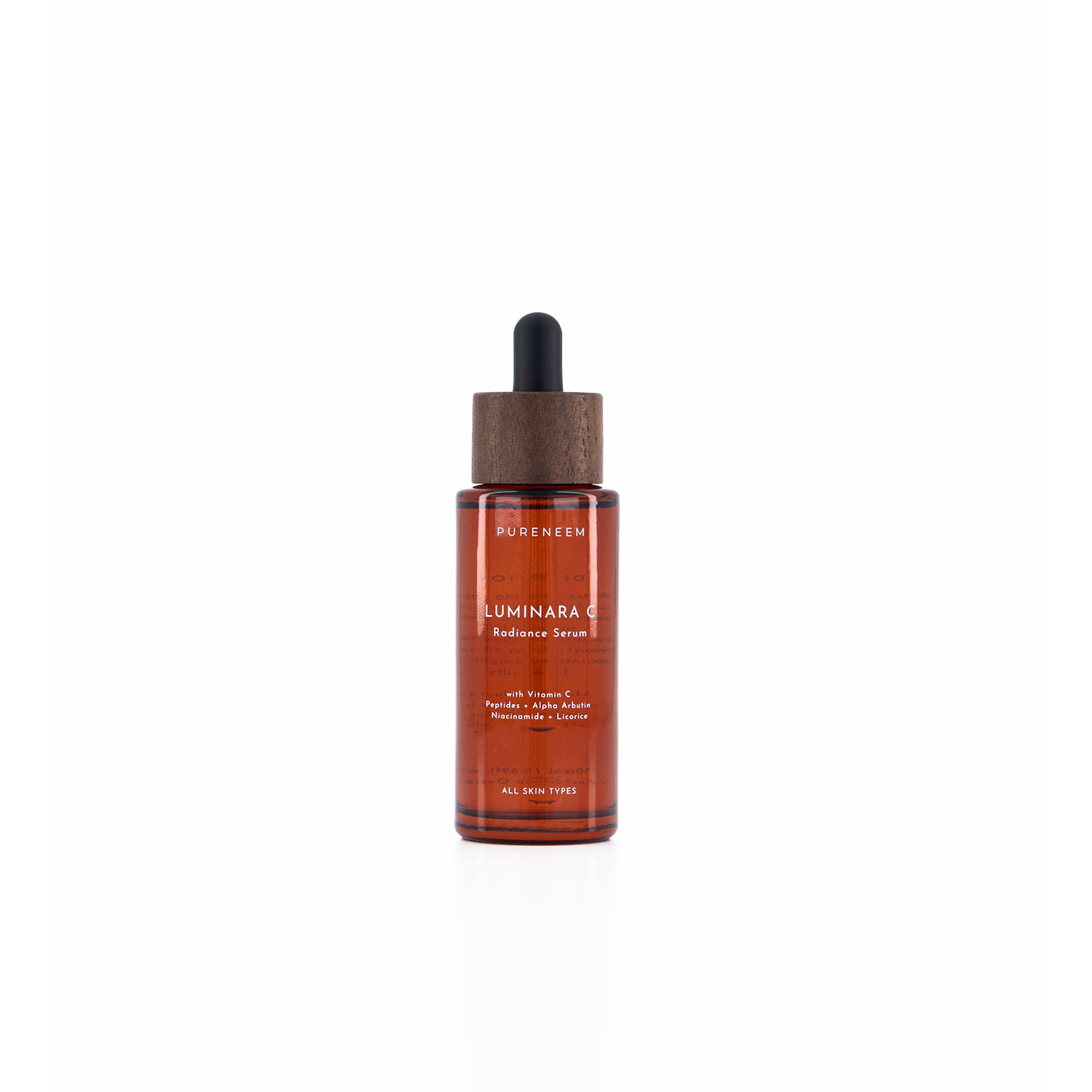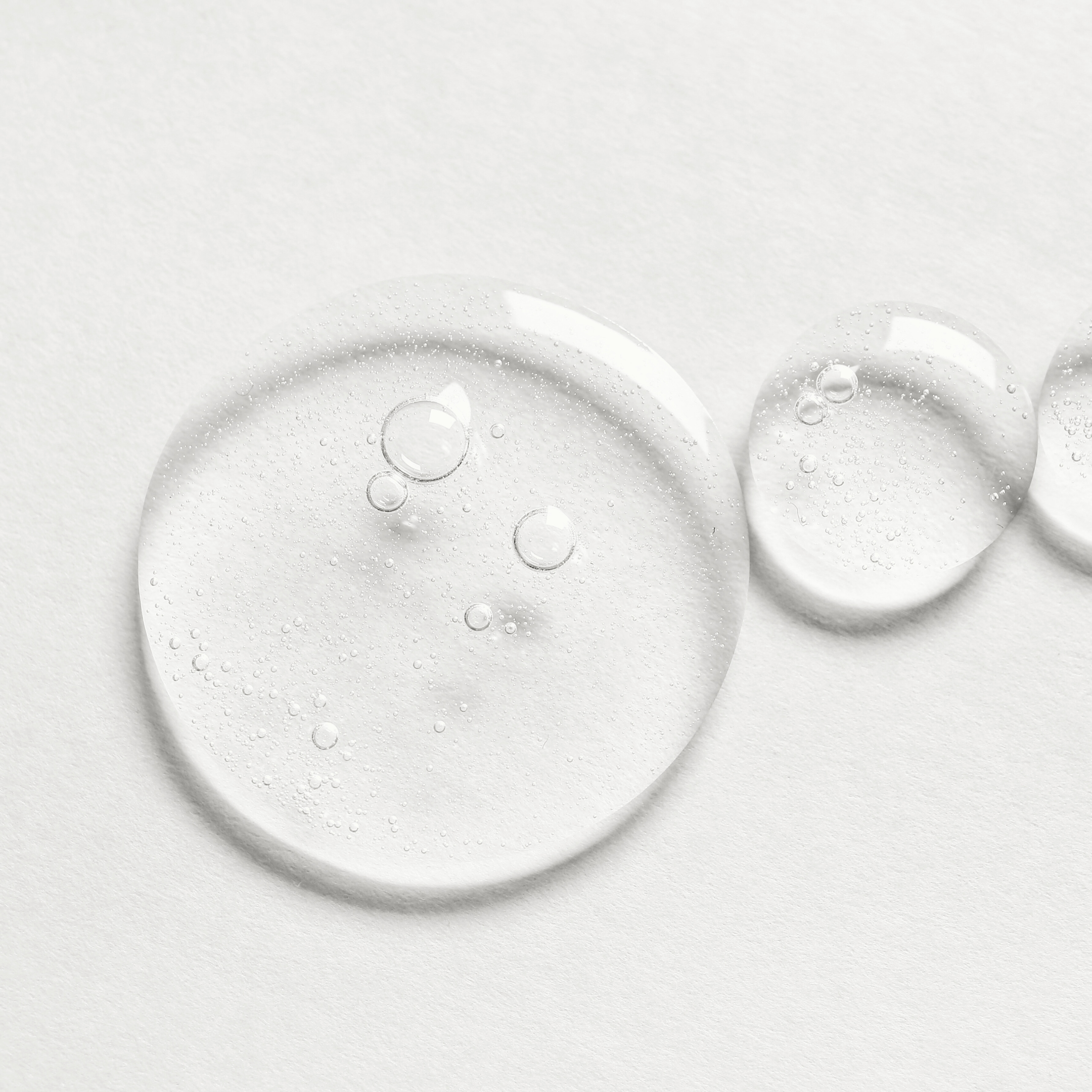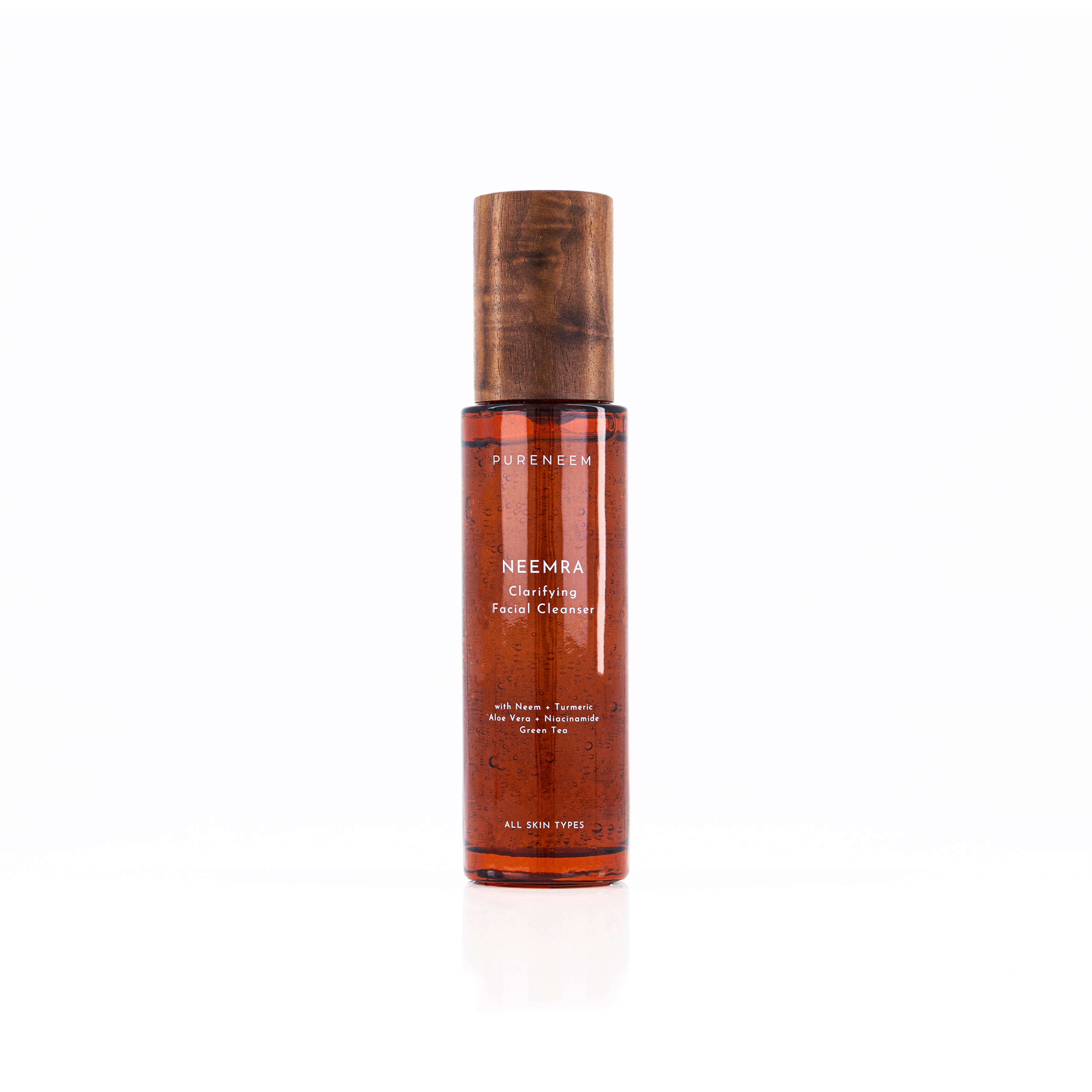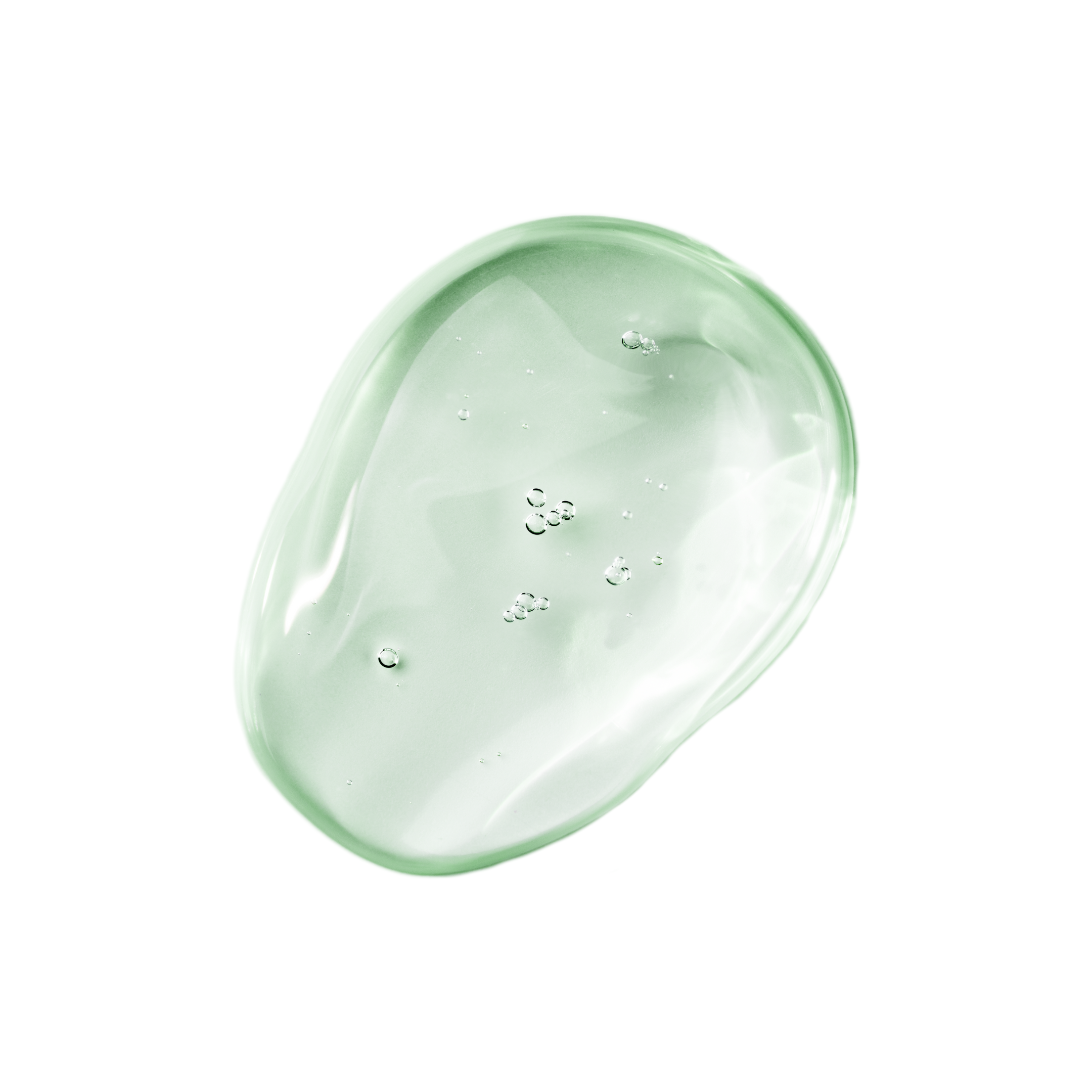Date: 05/07/2025
Aloe Vera: Nature’s Healer for Hydration, Calm, and Repair
Few natural ingredients have stood the test of time like aloe vera. Used for thousands of years across cultures and continents, this desert succulent has become one of the most scientifically validated botanical ingredients in skincare. From hydration and soothing to healing and protection, aloe vera continues to be a cornerstone of both traditional remedies and modern formulations.
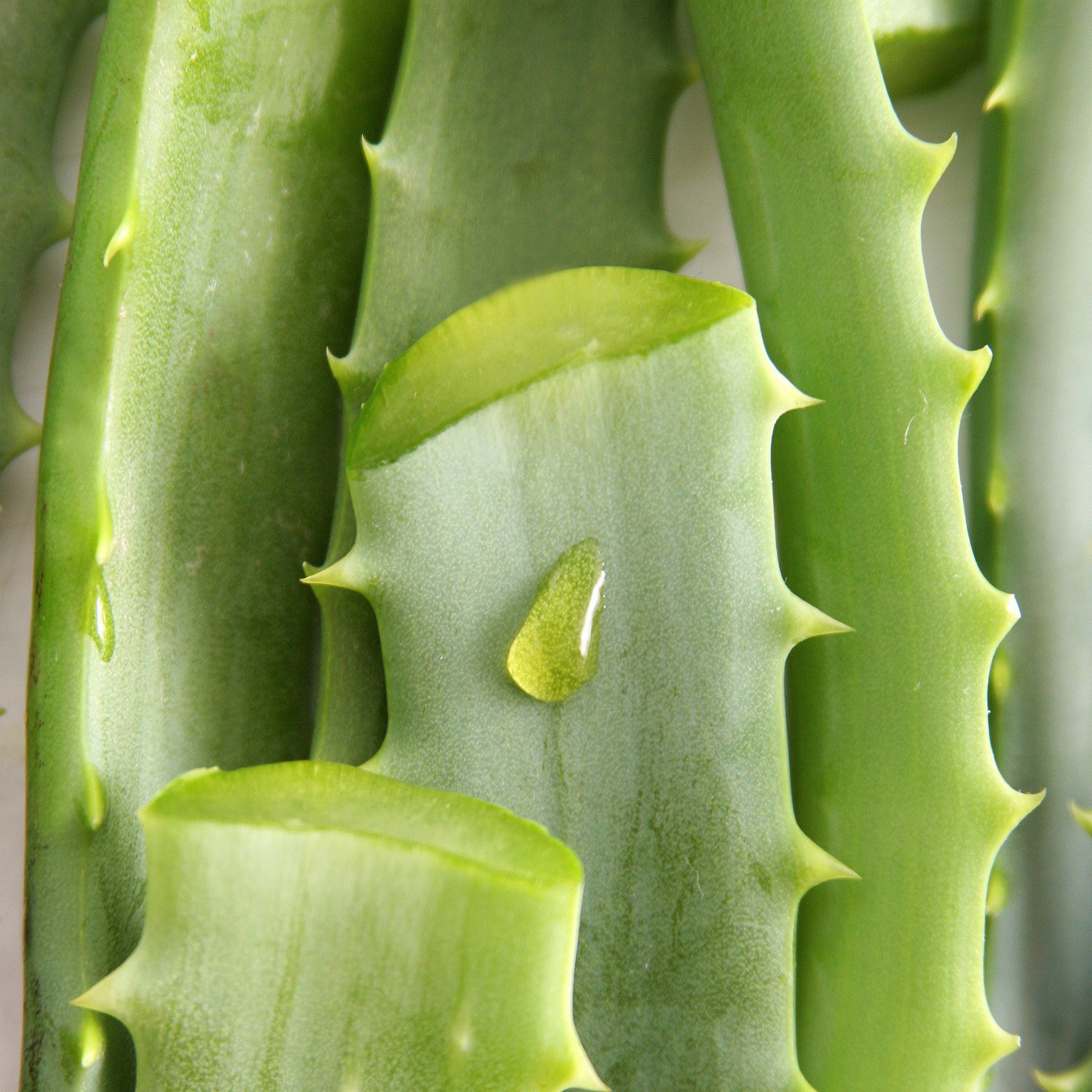
What Is Aloe Vera?
Aloe vera is a thick, fleshy plant from the Aloe genus, known for its clear, nutrient-rich gel stored inside its leaves. This gel contains a potent cocktail of vitamins (A, C, E, and B12), enzymes, amino acids, polysaccharides, and minerals like zinc, magnesium, and calcium—each playing a role in skin health and cellular regeneration (Surjushe et al., 2008).
The primary component of aloe vera gel is acemannan, a polysaccharide responsible for its hydrating, anti-inflammatory, and wound-healing properties. Aloe also contains glucomannans that stimulate collagen production, making it a useful agent in anti-aging and scar-repair treatments (Chithra et al., 1998).
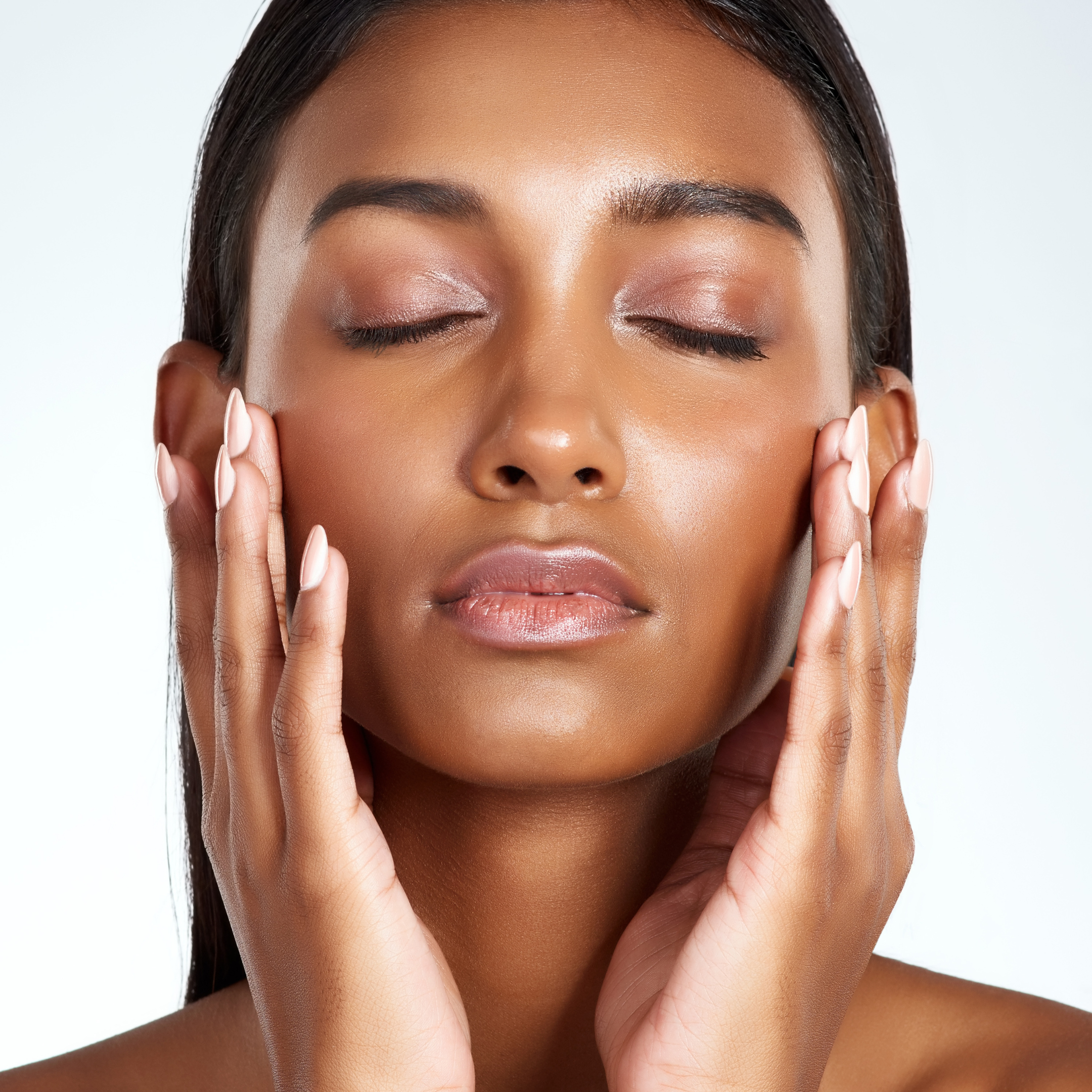
Proven Benefits for Skin
- Deep Hydration: Aloe vera is a powerful humectant that helps bind water to the skin without clogging pores. Its lightweight texture makes it ideal for oily and acne-prone skin types.
- Anti-Inflammatory & Soothing: Aloe’s anti-inflammatory compounds—like bradykinase and salicylic acid—help reduce redness, irritation, and inflammation in conditions like acne, eczema, and psoriasis (Reynolds & Dweck, 1999).
- Wound Healing & Collagen Stimulation: Clinical studies show that aloe vera accelerates wound healing, improves collagen synthesis, and reduces scarring (Chithra et al., 1998; Heggers et al., 1996).
- UV Protection & Recovery: Aloe vera has photoprotective effects and is often used to soothe sunburns and protect skin against UV-induced damage (Hu et al., 2003).
- Antioxidant Action: Its high content of vitamins and flavonoids helps neutralize free radicals, supporting skin regeneration and reducing visible signs of aging.
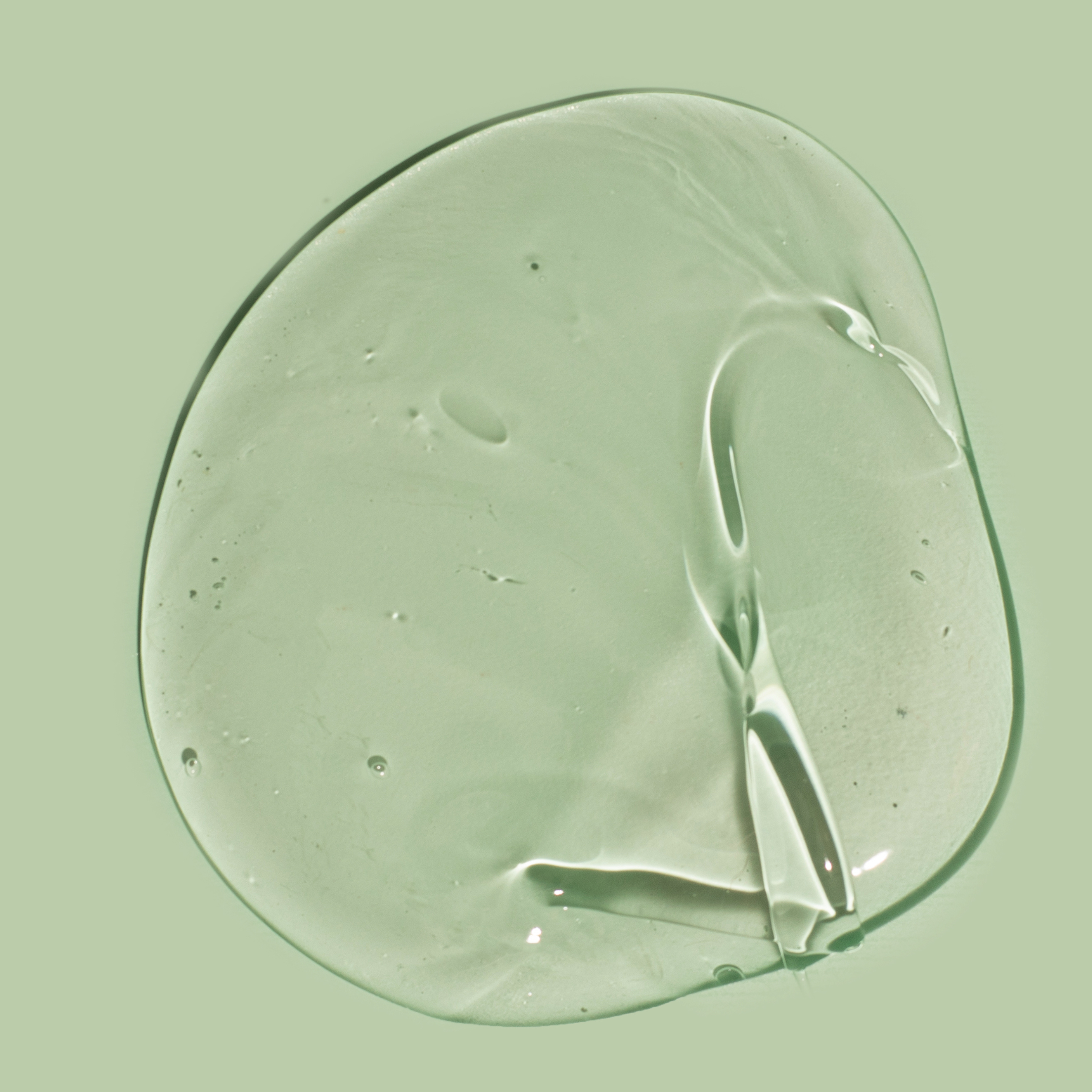
Versatility and Compatibility
Aloe vera is gentle enough for all skin types, including extremely sensitive or damaged skin. It plays well with other ingredients, enhancing penetration and absorption while reducing irritation from potent actives like retinoids or acids. It is commonly used in gels, serums, creams, and masks for hydration, soothing, and barrier repair.
Aloe Vera in PureNeem Formulations
At PureNeem, aloe vera is more than a base—it’s an active botanical powerhouse. We feature organic aloe vera in several of our most soothing and reparative formulations.
In every formula, aloe vera helps calm inflammation, strengthen the skin barrier, and amplify the benefits of high-performance actives. It’s the cooling, hydrating, and healing touch that transforms good skincare into intelligent care.
Aloe-Powered Relief
References
- Surjushe, A., Vasani, R., & Saple, D. G. (2008). Aloe vera: A short review. Indian Journal of Dermatology, 53(4), 163–166.
- Chithra, P., Sajithlal, G. B., & Chandrakasan, G. (1998). Influence of aloe vera on collagen characteristics in healing dermal wounds in rats. Molecular and Cellular Biochemistry, 181(1–2), 71–76.
- Reynolds, T., & Dweck, A. C. (1999). Aloe vera leaf gel: A review update. Journal of Ethnopharmacology, 68(1–3), 3–37.
- Heggers, J. P., Pelley, R. P., & Robson, M. C. (1996). Beneficial effects of aloe in wound healing. Phytotherapy Research, 10(S1), S48–S52.
- Hu, Y., Xu, J., & Hu, Q. (2003). Evaluation of antioxidant potential of aloe vera (Aloe barbadensis Miller) extracts. Journal of Agricultural and Food Chemistry, 51(26), 7788–7791.

